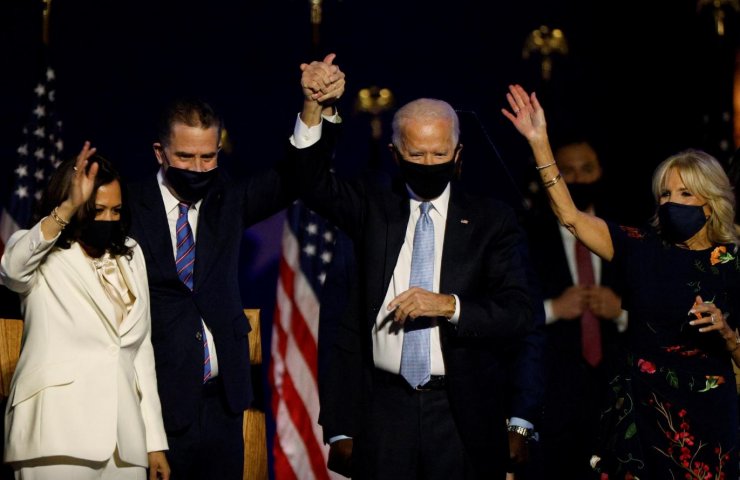US President-elect Joe Biden has pledged to work more closely with American allies to counter China's trade, and is unlikely to end his predecessor's protectionist tariffs on imported steel, aluminum, Chinese and European goods anytime soon.
Biden, who won the presidential race on Saturday after several days of counting, was elected with strong support from unions and advocates of progress who were skeptical of free trade agreements, so he will face pressure to keep vulnerable industries such as steel industry.
His top economic priority will be to revive the economy hit by the coronavirus pandemic, so trade agreements are likely to fade into the background compared to stimulus and infrastructure development efforts.
Biden's advisers say he will seek to end "artificial trade wars" with Europe and will immediately consult with US allies before deciding on the future of US tariffs on Chinese goods, in an attempt to gain "collective leverage" on Beijing.
Former Trump and Obama administrations say Biden is likely to demand the same basic concessions from Trump as Trump to lower tariffs on Chinese goods: cutting massive subsidies to state-controlled firms, ending policies that force American companies to transfer technology to Chinese competitors and opening up their digital services markets to US tech companies (another large group of Biden donors).
“Any president will have this on the agenda, but it will be really difficult,” said Jamison Greer, who served as chief of staff at the US Trade Representative's office until April.
Biden is unlikely to attempt to revive the Trans-Pacific Partnership, the Obama administration's 12-Pacific trade deal that Trump abandoned in 2017. Instead, reforming the hard-hitting World Trade Organization with new rules prohibiting subsidies and other non-market methods is seen as a higher priority.




